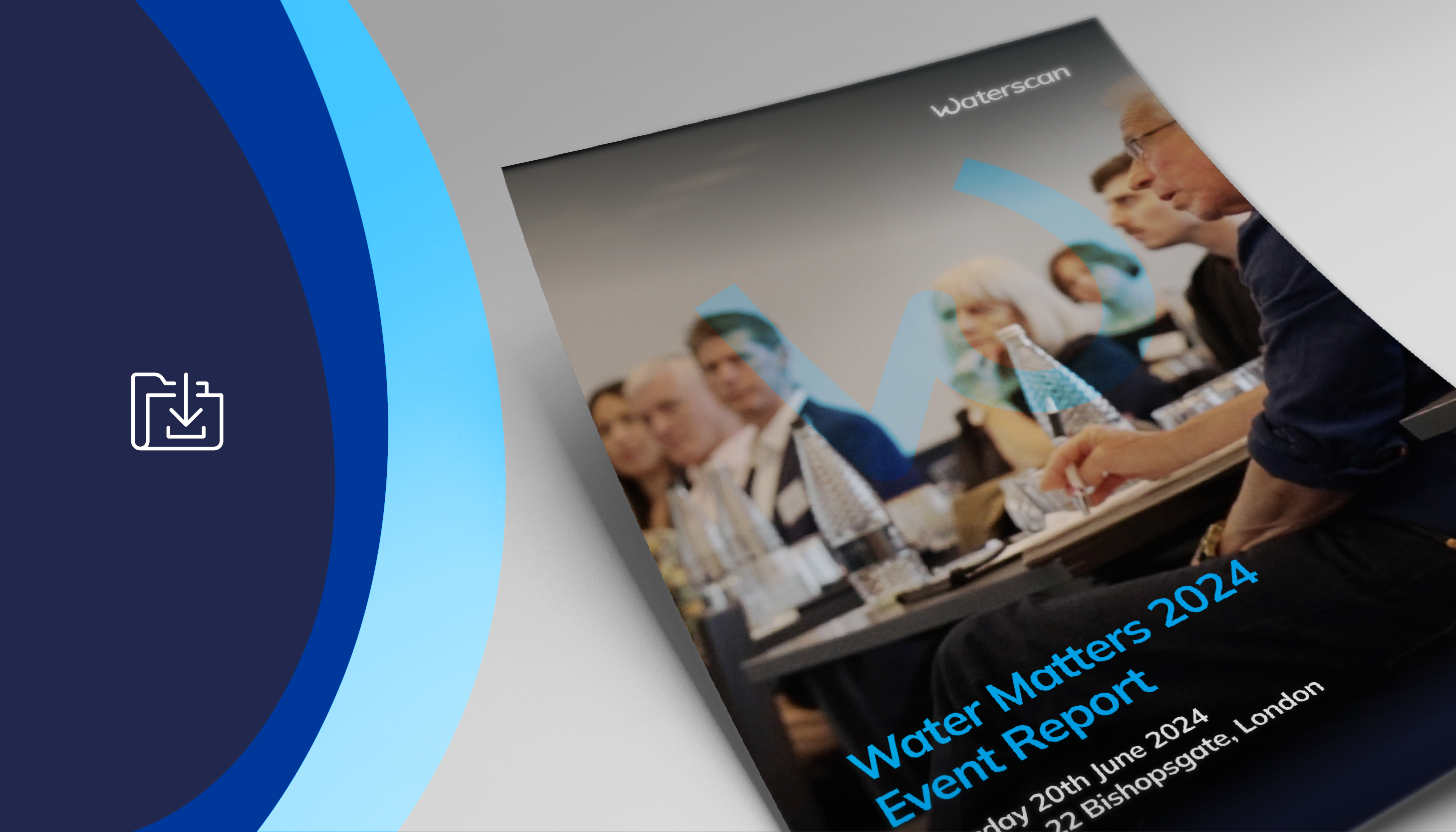The need for safe and effective water management has never received more airtime. And rightly so!
Here, we drop in on recent headlines and suggest why they might be important to your business.
UK’s underground pipes and cables to be comprehensively mapped
By 2025, the UK’s 4 million kilometres of underground pipes and cables will be comprehensively mapped in a digital National Underground Asset Register (NUAR).
Its aim is to reduce accidents and disruption, like punctured water mains, which cost the UK economy approximately £2.4 billion every year. The BBC reports that there’s enough pipe and cable buried in the UK to wrap around the planet about 35 times and these are owned by more than 700 organisations, meaning that maintenance and repairs are difficult and take too long.
This is great news for every business in the UK. This map should enable us to look forward to fewer water events that are outside of our control but cause significant disruption to our business operations.
UK government plans to ban plastic-containing wet wipes
The government has announced plans to ban wet wipes containing plastic by 2024 to tackle the pollution of our waterways.
This follows a report by Water UK which revealed that wet wipes flushed down toilets cause 93% of the 300,000 sewer blockages experienced each year, leading to sewer flooding and undesirable discharges. Wet wipes are a particular problem because the plastics they contain do not break down and, over time, they snag, stick together and cause sewage to stop moving through pipes.
Some retailers like Boots are ahead of the game on this having already stopped selling the problematic wipes, but we encourage all to act quickly and also consider education to improve customer behaviour and outcomes.
Water Saving Week campaign
On the topic of education, Waterwise has announced its annual UK-wide Water Saving Week campaign will be 15-19 May 2023.
Its aim is to raise awareness about the centrality of water to everyday living, and how enhancing water efficiency can contribute to resolving some of the topical issues we all face, including the cost-of-living and the energy crisis as well as climate change. Look out too for Dry July!
Getting involved in awareness raising weeks like these make it easy and cost-effective to encourage your customers to save water and in doing so, your business should benefit from consumption and cost savings. Working with a credible partner will also help to avoid the risk of greenwashing, which Footprint reports is once again ‘rampant’.
Defra published its Plan for Water
Meanwhile, Defra has published its Plan for Water, which calls for a transformational approach to our whole water system.
This plan aims to ‘take us further and faster, by taking a systematic, integrated and catchment-based approach’ to protecting the water we have and keeping it pollution-free. There’s a lot to take on board here and Defra is getting serious about it; polluting companies face unlimited fines, reports Edie.
We’d encourage all to take a look at this plan which provides excellent background data to make a business case for action.
Climate Change Committee flagged UK’s climate adaptation focus and funding
In consideration of the wider context, the Climate Change Committee has flagged that climate adaptation is not receiving the focus and funding it needs in the UK.
The CCC says that climate impacts have increased in the UK but actions to prepare us are not keeping pace. It is urging the government to set out a clear adaptation framework which should be reflected in the mandates and strategic priorities of industry regulators and agencies like Ofwat and the Environment Agency. The Environment Journal reports that it will cost £10 billion a year to make the necessary improvements and mitigate for future risks but that this figure could rise if temperatures do. The BBC’s Reality Check team has updated its assessment of whether the UK is on track to meet its net zero targets with links to further reading around this.
The UN Water Conference has taken place in New York
Focusing on SDG6, this has resulted in breakthrough commitments that reinforce water’s place as a fundamental human right and require a reduction of hydrological system pressures. UN Secretary-General António Guterres also advocated for integrating the approach on water, ecosystems and climate to reduce greenhouse gas emissions and strengthen communities — from resilient infrastructure, water pipelines and wastewater treatment plans, to ensuring every person in the world is protected with early warning systems against natural disasters.
Sustainable Development Goal 6 is the one that connects all other SDGs.
CDP has published an open letter to governments on the water crisis
Signed by over 30 investors with US$1.7 trillion in assets, it confirms investor awareness that ‘the global water crisis is a systematic financial risk to nearly all economies’. It notes that the private sector is already taking action on water security and seeing the benefits, but that governments need to step up with stronger regulation and greater ambition.
Disclosure is a proven method of driving action on climate change but there are not enough companies embracing the opportunity to benefit from CDP support by disclosing on water security. We urge businesses to begin this process voluntarily before regulatory pressure mounts.
The Consumer Council for Water published its review of the first five years of the water market
It concluded that the market has so far failed to deliver for the vast majority of business customers. The report notes that increasing numbers of large businesses have navigated market impediments by opting to Self-Supply. The conclusions in this report do not surprise and are aligned with our own review of the market five years on, Deregulation Deconstructed.




